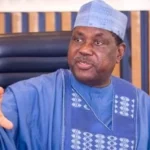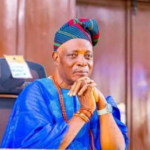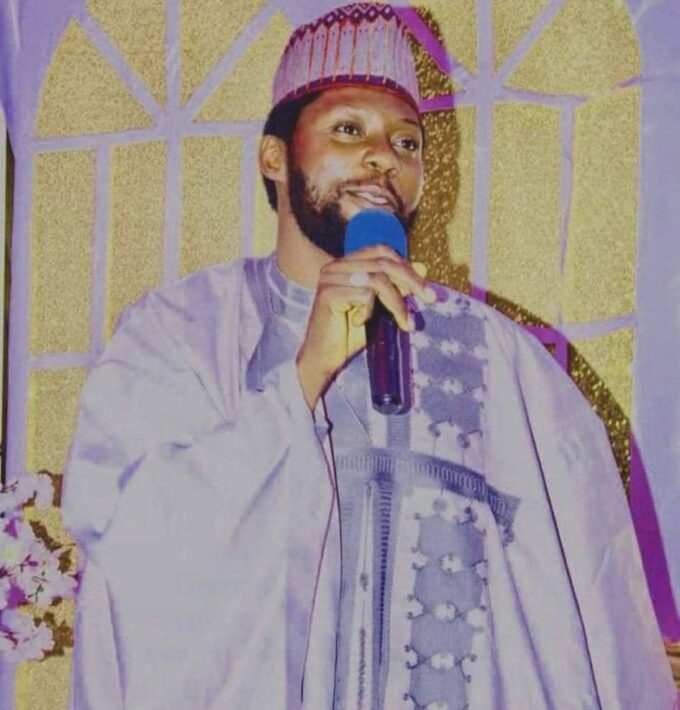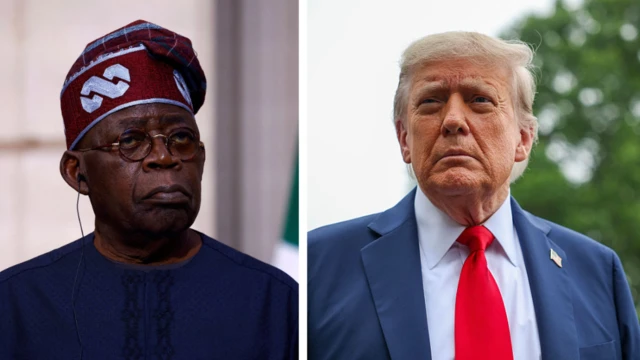Can the Nepal revolution template work in Nigeria?
This is a question for those people who always talk about revolution in Nigeria without underscoring the inherent difficulties in achieving that revolution.
The truth is that it is doubtful that the Nepal revolution template can be replicated in Nigeria. But the harder truth is that unless the Nigerian youths understand the game of their politicians to continue to keep things the way they are through the manipulation of the four factors that I will elaborate on here, and counter that manipulation with a deep resolve as they, the youths firm up unity amongst themselves, it will continue to be business as usual in the country.
In spite of the fact that as a behavioral scientist and a concerned member of the fourth estate of the realm one of whose tasks is to positively contribute to forming or influencing public opinion in Nigeria, I am afraid that it will be a Herculean task, the most gruesome option amongst three options, to replicate the same template of revolution in Nigeria as it was done in Nepal. This is the blunt truth and I will tell us why it is so.
Though an optimist who believes that things may still turn around in Nigeria anyhow, anyway, I am afraid that the Nigerian case study in respect to the innumerable webs of complications in the composition of its social stratum presents a unique condition that lacks antecedents as far as my knowledge of the social factors that shape up and influence the character of a society is concerned.
In my quest to unravel the reason why this is so, I found out that Nigeria is the only country in the world where none of the four fundamental tenets upon which the anthropology of any human society is built finds common expression in the identities of the diverse tribes and ethnic nationalities that occupy the geographical space presently called Nigeria.
By this I mean that there are archeological, linguistic, cultural and physical disparities at the base of the founding of all the different tribes and ethnic nationalities in Nigeria.
This is unheard of, as far as I know, in the history of mankind and makes me suspect that our ancestors in this part of the world were very anti-social, seclusive and possibly selfish people who never wanted to have anything to do with their neighbors.
I have taken a quick and cursory look at some complex and multi-ethnic human societies around the world like America, India, Russia, Brazil, and even China and found out that in all of these countries, at least there is a certain convergence in one or two of these social fundamentals which provide the inevitable building blocks for a unified and peaceful human society. Most times, you will notice that even if their cultures were different, they have found a way, through linguistic syncretism, to maintain one language. Very often, you will also find out that most of these people maintain a common archeology originating from one source even if their religions are different as in Hinduism, Buddhism and Confucianism.
As a matter of fact, upon these four factors enumerated above were the ancient men segregated. Intertribal or inter-ethnic wars were caused when any group of people suspected that another group of people were intent on tampering with or disrupting any of these pristine values which they held sacrosanct. An example is the importance our ancestors attached to land (archeology), which they always sorted out through wars because they believed that a certain shrine or whatever it was, was cited there by their progenitors.
Unfortunately, there is no such commonality in the expression of any of these values in Nigeria by her diverse and numerous tribes and ethnic nationalities. This is very unfortunate for Nigeria and Nigerians.
Maybe it was so in the Biblical Tower of Babel. No wonder that Kingdom disintegrated. Is there any wonder therefore that people like me have been, since 1983 (for forty two years!), dedicated apostles of a Nigerian system that guarantees either outright separation for all the constituting members or at best regional autonomy that guarantees protection of these four ancient components of the human society for each of these numerous tribes and ethnic nationalities in Nigeria who believe that they cannot trade their ancestral values for those of anyone else. This is the reason why some Nigerians still support governments headed by their tribes men in spite of the fact that they are dying in droves as a possible ineptitude of that government.
Let it be known here and now that the Nigerian politicians are aware of this serious impediment to unity and growth in Nigeria and will prefer to keep everyone dithering along so that their bread will corruptly continue to be buttered ad infinitum.
Nigerians must understand that the fanatical need for the preservation and protection of these four primary determinants of the identity of a people by the members of the tribes and ethnic nationalities in Nigeria is the underlying factor that works and will continue to work against social cohesion in the country and not until something is done in the direction of either of the only three options open for the country to chose from, it will continue to be business as usual till there comes a time when there will be a total collapse of the social system, a social upheaval, an anarchy.
Abuchi Obiora is Abuja-based Author, Journalist and Media Consultant














Leave a comment